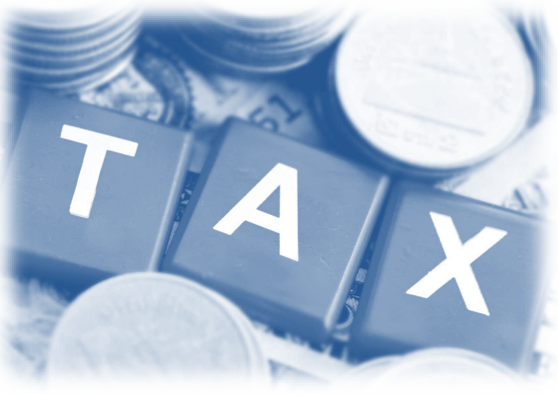Most Americans nowadays don’t have emergency savings. We can’t blame them, though, as saving up for an emergency is also another expense on top of other daily expenses that they’re trying to fill.
With this kind of economy nowadays, even working two jobs isn’t enough for many people. That said, an emergency loan can be a huge help when you’re stuck in a situation where you need money ASAP. However, what is an emergency loan, and how does it work?

What is an Emergency Loan?
An emergency loan is a flexible type of loan that lets you pay for emergency expenses like medical bills, car repair, home maintenance, etc. As you know, these situations require you to pay money ASAP to settle them, so you need instant financing.
That said, ”emergency loan” is more of an umbrella term. Emergency loans include a variety of fast loans that you can get approved for, like personal loans, credit union loans, payday loans, etc.
Personal Loans
Personal loans are arguably one of the most popular because of their flexibility and quick financing. Traditional banks and alternate lenders usually offer it; however, getting a personal loan from an alternate lender is usually much faster, especially online lenders. So how does it work?
Usually, once your application is approved, you’ll receive a lump sum that will be paid in monthly installments. In addition to the principal amount you’ll be paying, you’ll also be required to pay interest, which varies from lender to lender. One benefit of personal loans is that you can take out a significant amount and repay it through a long repayment period.
The repayment terms usually range between a year to seven years, depending on your contract with the lender. You can also offer collateral for your loan to reduce your interest rate. You can usually do this with CreditNinja secured loans.
Credit Card Cash Advances
If you already have a credit card, it might have crossed your mind to use it for emergency purposes. However, you’re probably thinking twice about it since you aren’t sure you can pay for it on the monthly billing.
What you can do, however, is to get a credit card cash advance. A credit card cash advance is a fast loan that you can borrow against your credit card limit. Usually, credit card providers have a set limit on how much you can borrow against your credit card limit, so you might want to check on that.
One advantage that credit card cash advances have is that getting one is super fast and usually doesn’t need to be approved. All you need is to go to a nearby ATM with your card and choose the credit card cash advance option. Enter the amount you want to borrow and the PIN, and withdraw the money.
One thing you should note, though, is that a credit card cash advance is repaid apart from your monthly billing, and it also has its interest.
Payday Loans
Payday loans are typically used to get financing before your payday, and repayment is usually made in one lump sum before or on your payday. These loans typically have a high-interest rate because of their repayment length. So before you take out a payday loan, assess whether you can pay it on time because if you don’t pay it on the deadline, you’ll be hit with a penalty.
However, payday loans are fast; you can get the money the next day. Also, they usually don’t have credit checks like other loans.
Title Loans
If you have the title of a car, you can use it as collateral for a title loan. Of course, this move is risky as you can lose your car, so you should only opt for this if you’re truly in an emergency and can’t qualify for the loans above for some reason.
So how does it work? It’s simple; you can bring your car title to a lender and have them offer you a loan. They will then give you a lump sum of money that you’ll have to repay through monthly installments, and since you have collateral, your interest rate is usually lower.
Home Equity Loans
This one is pretty much like the title loan we discussed above, but this time, you’ll be putting up a part of your equity as collateral. Based on your home’s appraised value, you’ll be offered a home equity loan that you’ll be repaying through monthly installments. And while it’s simple enough, you have to note that your equity will be in danger if you can’t repay the loan.
Final Words
These loans are optimal if you’re in a financial pinch. However, note that each has its pros and cons, so you have to assess first which one is the most suitable for your financial situation. Being in a financial emergency is difficult, but luckily, there are several ways that we can handle them.
HedgeThink.com is the fund industry’s leading news, research and analysis source for individual and institutional accredited investors and professionals





































